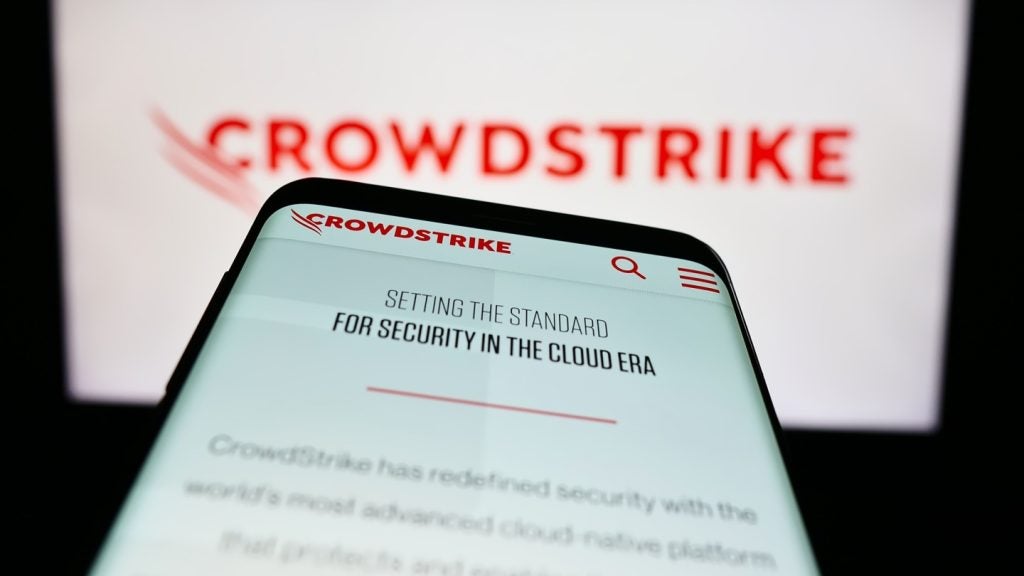
The New York Times is suing ChatGPT maker OpenAI and major investor Microsoft following accusations that it used “millions” of articles to train the generative AI (GenAI) program.
The US news publication claims that the two businesses should be held responsible for “billions of dollars” in damages, according to the lawsuit.
The lawsuit, which was filed on Wednesday (27 December 2023), alleges that the GenAI chatbot will generate certain “verbatim excerpts” from a selection of New York Times articles. All online articles by the New York Times are locked behind a paywall.
The New York Times alleges that it is losing out on subscription revenue and advertising clicks due to some of the content being available for free on ChatGPT, according to the lawsuit.
Microsoft and OpenAI were attempted to be approached by the New York Times in April 2023, to find “an amicable resolution” over the copyright infringement, according to the lawsuit.
The lawsuit follows several similar cases filed against OpenAI throughout 2023. Actor and comedian Sarah Silverman filed a lawsuit against the company in July, alleging the company had used her works to train the system.
How well do you really know your competitors?
Access the most comprehensive Company Profiles on the market, powered by GlobalData. Save hours of research. Gain competitive edge.

Thank you!
Your download email will arrive shortly
Not ready to buy yet? Download a free sample
We are confident about the unique quality of our Company Profiles. However, we want you to make the most beneficial decision for your business, so we offer a free sample that you can download by submitting the below form
By GlobalDataA group of US-based authors filed a similar copyright infringement lawsuit against the company in September.







